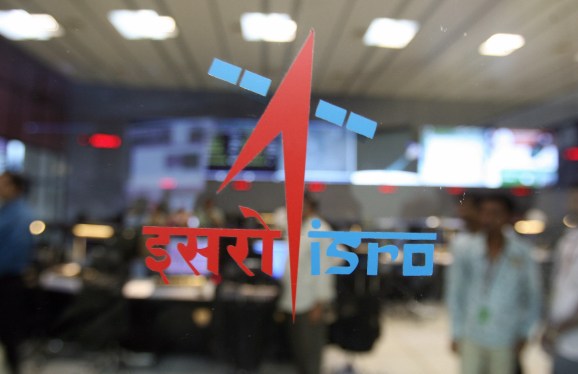India’s Growing Presence in Space: ISRO Receives Approval for Second Spaceport
ISRO’s Plans for a New Spaceport in Tamil Nadu
The Indian Space Research Organisation (ISRO) has received the green light to construct a new spaceport in Tamil Nadu, which will help private players launch small rockets into space with reduced fuel consumption. This development is part of India’s growing presence in the global space ecosystem.
A New Era for Small Rocket Launches
On Wednesday, Prime Minister Narendra Modi laid the foundation stone for the second spaceport, located on an island named Kulasekharapatnam off the southern state of Tamil Nadu. The new spaceport will be dedicated to launching smaller launch vehicles and is expected to be operational in about two years.
ISRO chairman S Somanath stated that the spaceport will play a crucial role in accommodating the increasing launch frequency of both ISRO and the growing private space industry in the coming years. "This facility will help save fuel for small rocket launches as it can launch rockets directly south over the Indian Ocean without requiring crossing landmasses," he added.
Fuel Efficiency and Cost Savings
The new spaceport is designed to conduct 24 launches per year using a mobile launch structure, which will help reduce fuel consumption and costs associated with launching small rockets. This approach is similar to Rocket Lab’s Electron, which has shown that smaller rockets can be reliable and affordable ways to reach space.
Kulasekharapatnam: A Strategic Location
Spread over 2,350 acres, the Kulasekharapatnam spaceport will help India expand its presence in the global space ecosystem. The island location provides a strategic advantage for launching small rockets directly south over the Indian Ocean, eliminating the need to cross landmasses.
Government Support and Investment
The new spaceport is being developed with an investment of $119 million (986 crores Indian rupees) and will help private players launch small rockets into space with reduced fuel consumption. The government’s support for the project reflects its commitment to developing India’s space capabilities.
India’s Growing Space Industry
Private Players Eager to Partner with ISRO
The new spaceport is part of a growing trend in India, where private companies are increasingly partnering with ISRO to launch small rockets into space. This collaboration will help drive innovation and reduce costs associated with launching satellites.
ISRO has actively been growing its participation in space developments over the last few years. The South Asian nation has around 190 space tech startups that offer a variety of solutions for customers worldwide, including:
- Launch vehicles: Private companies are developing launch vehicles to transport satellites into orbit.
- Hyperspectral imagery: Companies are using hyperspectral imaging technology to monitor environmental changes and track crop health.
- Space situational awareness: Startups are providing space-based services to monitor satellite movements and detect potential threats.
Government Support for Private Participation
India introduced its space policy last year, which details guidelines for private participation. The country has also updated its foreign direct investment policy with raised limits for overseas investments in space developments.
ISRO’s Plans for the Future
Gaganyaan: India’s First Human Spacecraft Mission
Earlier this week, Modi announced four astronaut-elects for the Gaganyaan mission, which will mark India’s first human spacecraft mission. The mission aims to send three Indian astronauts to space by 2025.
Blue Origin and SpaceX: Competition in the Space Industry
The launch of the new spaceport comes as Blue Origin looks to take on SpaceX dominance with its New Glenn launch. While both companies are vying for a share of the market, they also recognize the importance of collaboration in driving innovation and reducing costs associated with launching satellites.
Conclusion
India’s growing presence in the global space ecosystem is evident from ISRO’s plans for a new spaceport in Tamil Nadu. The development of smaller launch vehicles and the growing trend of private players partnering with ISRO will help drive innovation and reduce costs associated with launching satellites.



